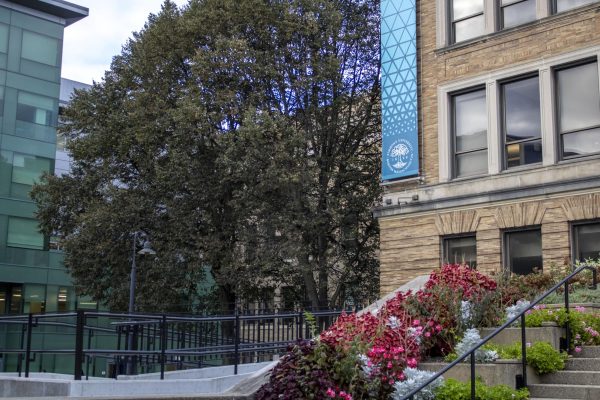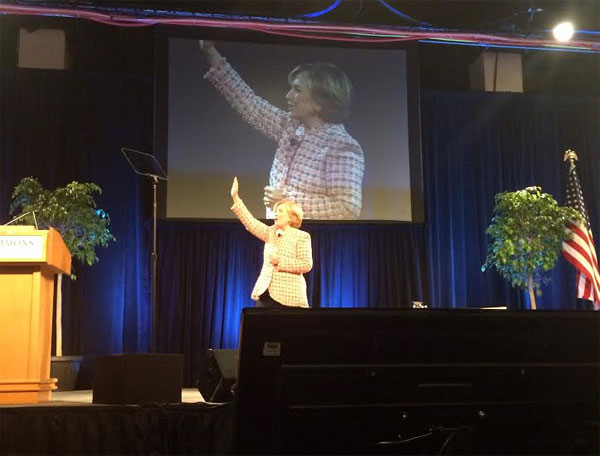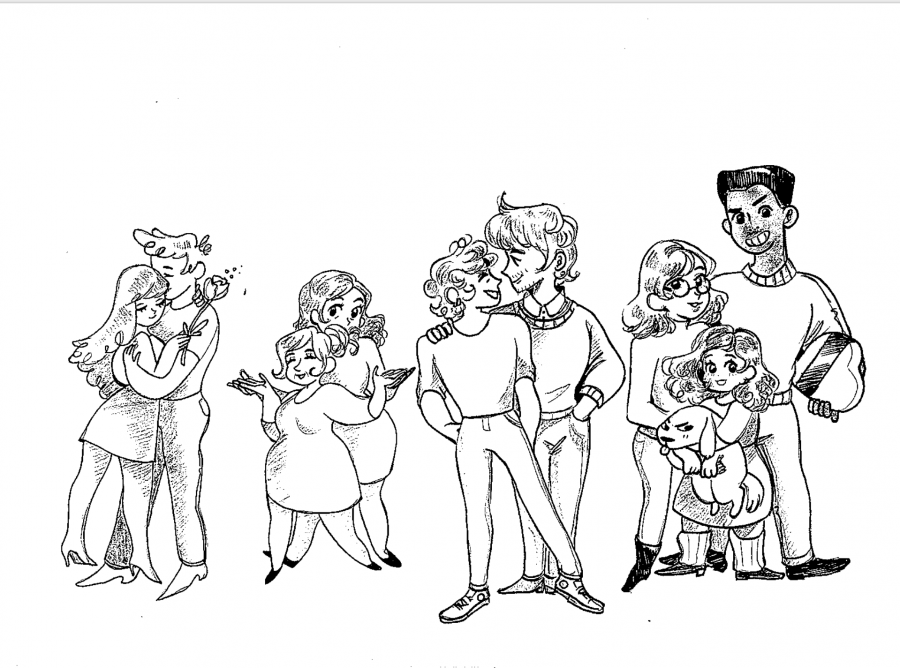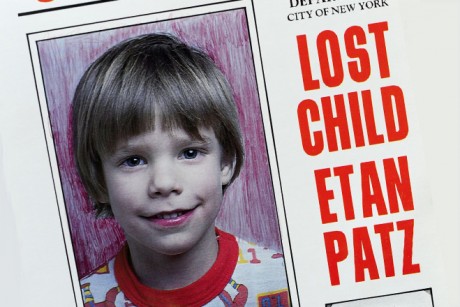By Haley Costen
Staff Writer
The lecture “South Sudan at War with Itself: the World’s Newest State Unravels,” on Feb. 11 gave a panel of experts the opportunity to discuss and ignite conversation about South Sudan, the world’s newest state since splitting from Sudan in 2011.
Among the panelists was Omar Ismail, who fled Sudan in 1989 as a result of his political views, and went on to become a Fellow at the Kennedy School of Government at Harvard University’s Carr Center for Human Rights Policy and now works in crisis management and conflict resolution in Africa, according to literature on the lecture.
Joining Ismail was Jason Matus, who according to the program’s literature works with AECOM, a global provider of professional technical and management support services, as the Senior Coordinator in support of USAID’S Sudan and South Sudan Transition and Conflict Mitigation Programs.
The Simmons College panelists were Dan Connell, a journalism and African politics professor who has spent over 35 years working in and writing about Africa, and international relations professor William Bellamy, who served in numerous African postings, including Principal Deputy Assistant Secretary of State for Africa, and U.S. Ambassador to Kenya.
Bellamy introduced the discussion, giving the audience background information on South Sudan and the about 39-year-long war leading up to its split from Sudan in 2011, and the factors that led to the separation. He also told the audience about the United States’ involvement in the conflict, and about increasing ethnic conflict and displacement of South Sudanese citizens.
According to Bellamy, since 1983, an estimated 2 million Sudanese have died from the wars, with another 4.5 to 5 million being displaced during that time.
“This conflict has captured American attention, particularly in the 1990s, to a greater degree than any other African issue since the years of apartheid,” Bellamy said, adding that South Sudan was the most difficult policy issue to manage due to intense interests on Capitol Hill to religious and activist groups wanting to be involved.
“The United States played a key role in negotiating a peace agreement in 2005 that finally brought an end to the civil war between North and South,” Bellamy explained. “That peace agreement allowed for a period of autonomy for South Sudan. Time in which southerners could decide on their future, and after this period of autonomy, could vote on whether to secede from Sudan.”
Ninety-eight percent of Southern Sudanese people voted for independence, according to Bellamy. However, as the other panelists pointed out in their discussion, much must be done in order for South Sudan to have a chance at peace and development.
After educating the audience on other facts about South Sudan, he posed questions to the panel on what went wrong on the government’s part, how the U.S. and United Nations can help, and the role of neighboring African countries.
“The crisis that we’re witnessing now is not one that we’re likely to see end in five weeks or even five months,” Connell said. “It’s a crisis of governments but it’s also a crisis of the nation-building process itself within South Sudan.”
Connell also tackled the idea that South Sudan wasn’t ready for independence.
“South Sudan was heading for independence regardless, and to ask whether it was ready or not is a waste of energy and teaches us nothing,” Connell said. “If you’re asking instead if there was more that could have been done to prepare it for this point: the answer is decidedly yes.”
The panel found many of South Sudan’s problems came from not only the government, but also from isolation in the community.
“There were two structural problems in building a new nation. The first was a split between a state and the people, and a militarization of not only the state, but the community,” Matus said.
Connell agreed, stating that there is often too much emphasis on government rather than culture.
Ismail pointed out that there was a level of disconnect in the country.
“When the whole thing unraveled, the only thing they could fall back onto was the ethnic groups,” Ismail said. “They resorted to their units. A unit is your tribe, the people who speak your language.”
At one point in the discussion, an audience member made a comment for the panel about people not being included in the movement and networks of women being ignored.
“There is an active civil society growing stronger that links up and demands a process that includes them,” Matus said. “You’re starting to hear as well that it needs to be inclusive and represent the ethnic, regional, and gender diversity that is South Sudan. The question is: how do you do that?”
The event lasted two hours, with the final half hour open to audience members who asked the panelist their own questions about

















